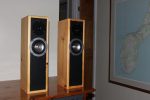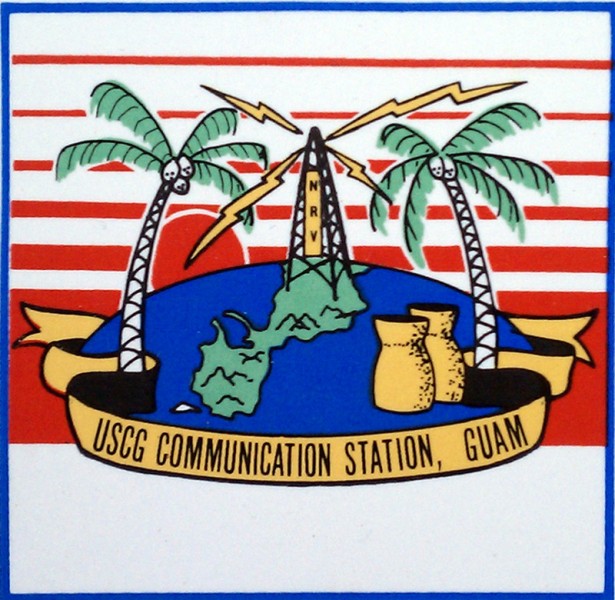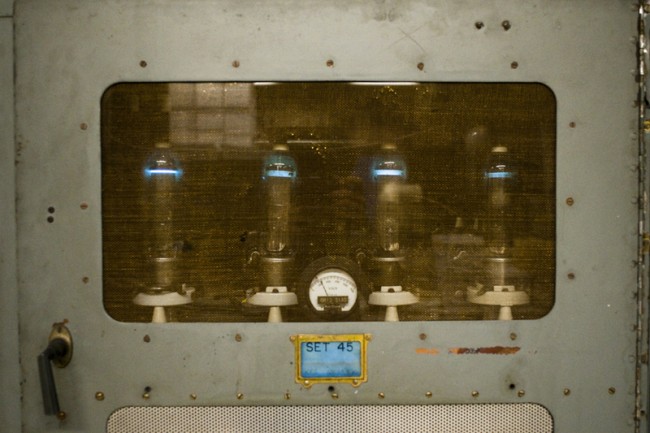I sometimes get the distinct impression that the corner office doesn’t understand what it takes to keep a radio station on the air and in good repair. It is most often the problems or “issues” that tend to get the most attention. The things that are working well tend to get ignored. After all, how often do you hear a news report about the airliner that landed safely?
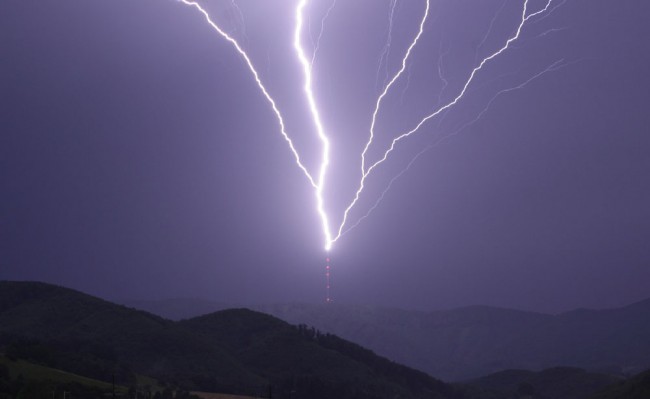
When lightning strikes the tower and knocks the transmitter off the air causing major damage and expensive repairs, that is a problem. When lightning strikes the tower and nothing happens, no problem. What is the difference between those two situations?
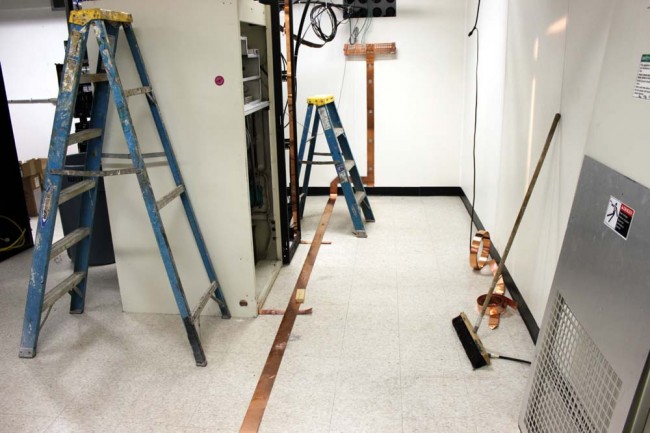
If the generator starts and runs during every power outage and has done so for the last five years straight, it is obviously a reliable unit, does it need all that maintenance?
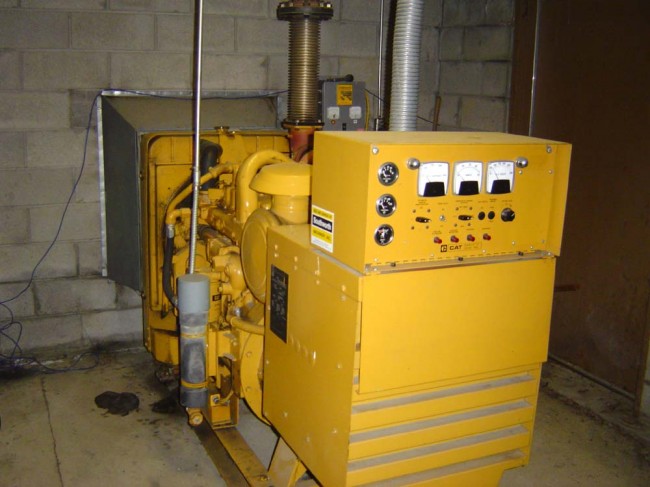
Money spent on preventing undesirable outcomes can be difficult to quantify as disasters and events that do not happen are ill defined. It is difficult to quantify the “amount saved” on something that didn’t or won’t occur. Using past situations is good start, but that only covers a fraction of possible outcomes. In order to invest money wisely, one has to look at the probabilities. If there is an unlimited budget, then the probability exercise should be minimal, however, there is very seldom an unlimited budget.
For example, how much does a back up STL system cost vs the risk of being off the air while the main STL system is being repaired? How often do failures occur, when are they likely to occur and for how long are all good questions. Is there an alternative to a full backup like an IP CODEC? Such a solution would cover all aspects of the STL system including antennas, transmission line, transmitters and receivers.
There are certain FM stations north of here that have neither RADOMES or antenna heaters. Once every two years or so, the antenna ices up and the transmitter folds back due to VSWR. How much of an impact to listeners notice when this happens? If it happened more often, say two to three times a year, would it be wise to invest in some type of deicing equipment?
What is the ownership and management opinion on off air conditions? I have often heard tell “Oh, its only the AM, we don’t mind if it goes off the air.” That is, until it actually goes off the air, then it is a big problem.
Based on my and others experiences, these are the things that will happen at an average transmitter site:
- The electricity will go off at least once per year for several hours.
- The main transmitter will fail at least once every two years.
- Lightning will strike the tower at least once per year.
- The STL system will fail, at unknown intervals.
At studio sites, these things will occur:
- The file server will crash depending on the operating system
- The telephone lines and or T-1 service, internet service, ISDN etc will go out
- The electric power will go out for several hours
- The satellite dish will fail once every two to three years
- If there is a tower, it will get struck by lightning
Other site specific things can occur like floods, blizzards, earthquakes, fire, etc.
Money spent on backup systems for those items is good insurance. Not only will the station stay on the air, the on call engineer’s phone will ring less often, which, if you are the on call engineer, should make you happy.
If a full backup is not available, a second transmitter for example, having a good stock of spare parts on hand can mean the difference between an early evening and an all nighter. Keeping good maintenance logs and well documented repair records can point out trends and give a good basis for ordering spare parts.
Repair trends are important. If the same part seems to be going bad over and over, it is time to dig deeper and find the cause of failure.
The old adage “An ounce of prevention is worth a pound of cure,” still holds true.



